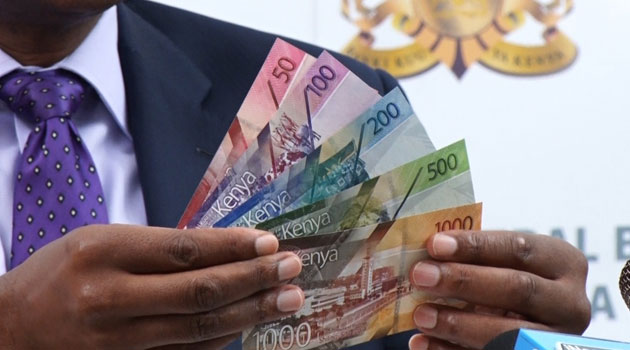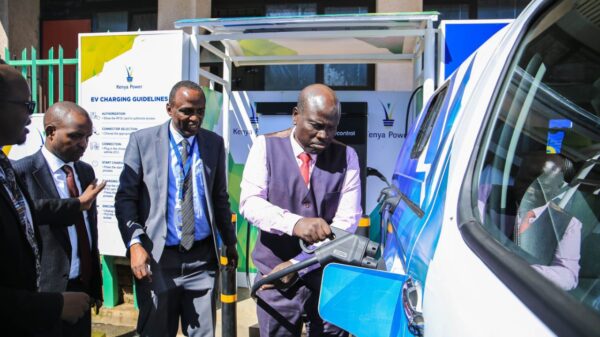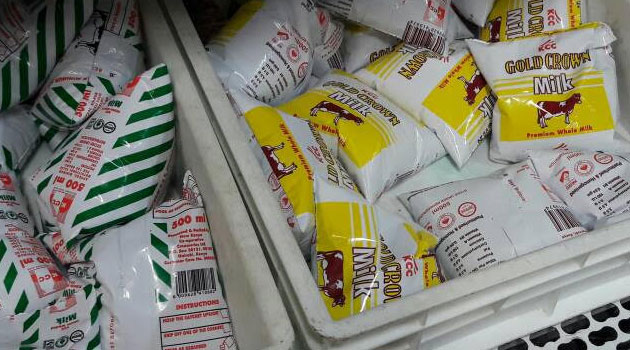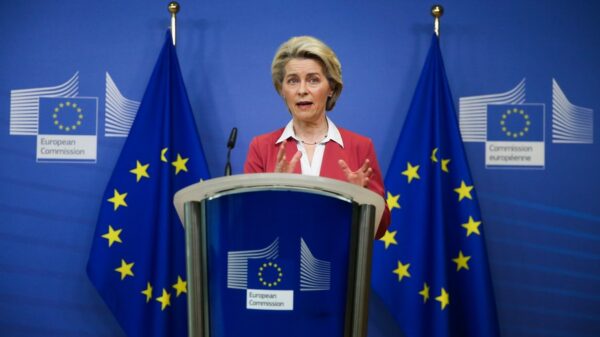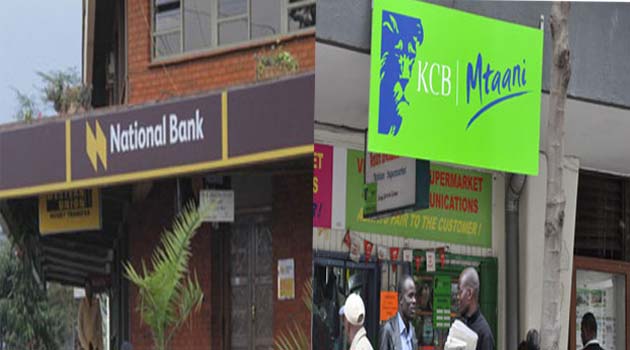
Cabinet Secretary Ambassador Amina Mohammed is the outgoing Chairperson having presided over MC10 held in Nairobi in 2015.
Buenos Aires, Argentina, Dec 14 – Micro, small and medium enterprises (MSMEs) are becoming a central cog in harnessing demographic dividend and the backbone of development in most developing nations, CS Amina Mohamed has said.
Speaking when he addressed a WTO Conference Business Forum in Buenos Aires, CS Mohamed said MSMEs had become a source of employment, particularly to the youth, who constitute nearly 70pc of our current, global population with the bulk of this proportion residing in Africa.
She said the desire in Africa was to reap maximum benefits from the inclusion of MSMEs into the global value chains.
“Unfortunately, most MSMEs have not been able to leverage the enormous opportunities presented by global value chains that would expose them to a large customer base, as well as opportunities to learn from large firms,” regretted Amb. Mohamed.
Mohamed said the future for Africa on MSMEs was very promising with the Continental Free Trade Area (CFTA), which once concluded will offer an important platform for the enterprises to competitively engage in production and gain valuable market access.
On trade facilitation, Amb Mohamed said commendable progress was made during the 9th Ministerial Conference in Bali where the Trade Facilitation Agreement (TFA), was adopted.
“The objective of the TFA is to improve the efficiency and effectiveness of agencies that oversee trade, especially in developing countries, by reducing bureaucratic red tape at the borders, simplifying customs procedures and improving enforcement capabilities through the application of technological solutions and institutional reforms. The TFA could reduce worldwide trade costs by between 12.5% and 17.5%,” said Ms. Mohamed.
On agriculture, CS Amina said it remained a critical issue in view of the significance of the sector to the livelihoods of millions of people. During the 10th Ministerial Conference in Nairobi, significant progress on elimination of export subsidies was made.
She, however, said there were concerns that justify the need to foster the value-based multilateral trading system.
“For instance, Africa imports over $35 billion worth of food, yet the continent constitutes over 60% of the global unutilised arable land. Continued negotiations will provide a level playing field in the international market for the benefit of exporters by improving the productive capacities to produce internationally competitive goods,” said Ms. Mohamed.
CS Mohamed called for collective commitment to open multilateralism and a World Trade Organisation that delivers meaningful results.
“We can create an environment where important trade actors, including micro, small and medium enterprises, manufacturers and exporters can jointly engage to benefit from the gains of global trade. It is an avenue where challenges and concerns should be shared and addressed for the sake of a better future,” said Amb. Mohamed.
She called for fostering of policies designed to address problems associated with financial services, certification, access to technology, procurement, and other supply-side constraints, to support women in trade.
“Countries must also deepen their collaboration and cooperation so that trade barriers are minimised,” said CS Mohamed.
The inaugural Business Forum brought together world leaders, policymakers, the business community, academia and civil society to freely exchange views on multilateralism, global trade and its prospects.


